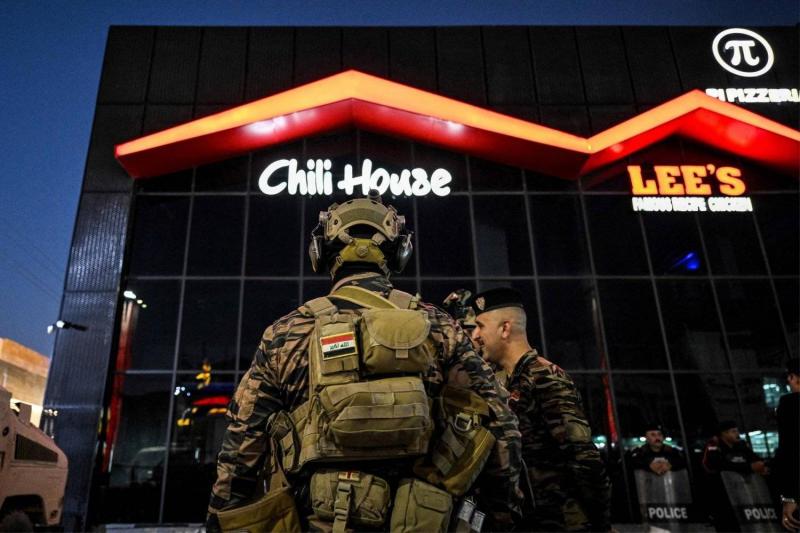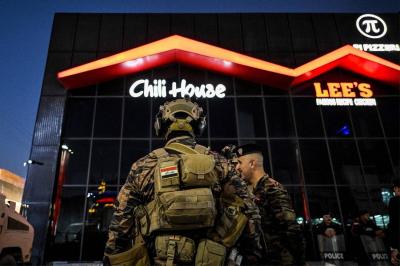Iraqi security and political analyst Nizar Haider identified three objectives for the attacks on restaurants and foreign institutions in Baghdad and some Iraqi provinces, noting that these attacks undermine al-Sudani's promises and plans to attract foreign investment for the development and reconstruction of Iraq.
In an interview with "Baghdad Today," Haider stated that the perpetrators behind these attacks are known and continue to operate outside the authority of the state, which is part of the political process. He emphasized that the ongoing targeting of restaurants in Baghdad further proves the state's inability to confront them.
Haider argued that the attacking groups aim to achieve three goals with these assaults: first, to maintain their resistance momentum to bolster the morale of their audience, which has been dwindling; second, to disrupt the achievements of al-Sudani's government, which has started to compete with their political leadership in the upcoming electoral landscape; and third, to compensate for the attacks they previously carried out against American forces in Iraq.
He pointed out that such actions have a significantly negative impact on the security situation in the country, particularly in the capital, Baghdad, and indicate a clear failure of the government to maintain security. He stated that all the promises made by al-Sudani to convince global investment projects to participate in Iraq's upcoming developmental and advancement efforts will be harmed.
Over the past ten days, 10 targeting operations and attacks have occurred against foreign commercial and educational institutions in Baghdad, Diwaniyah, and Basra by masked individuals. While security forces arrested a number of them, the Ministry of Interior stated that some of those involved are elements of one of the security agencies. Meanwhile, platforms and politicians close to the factions expressed their support for these activities, considering them as protests to express opinions.




